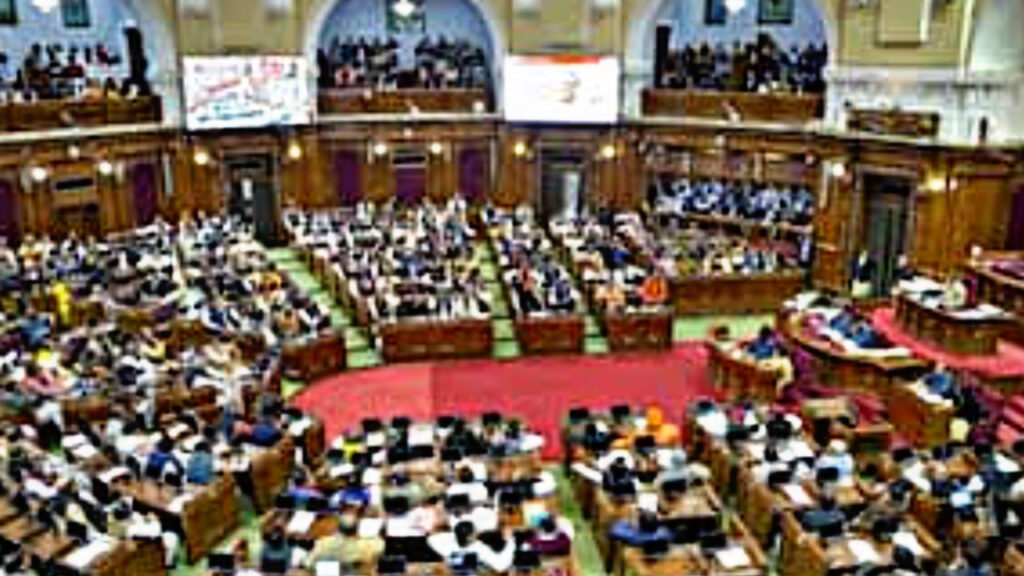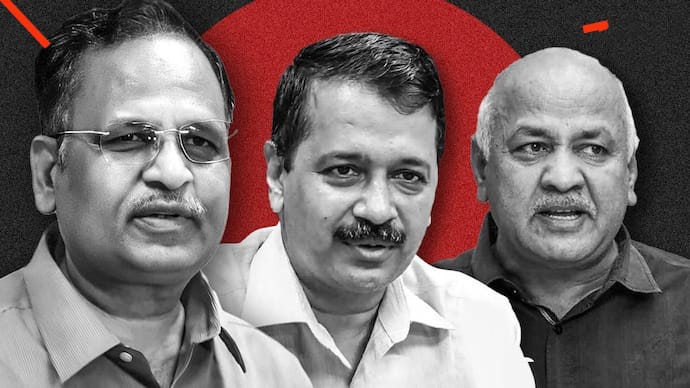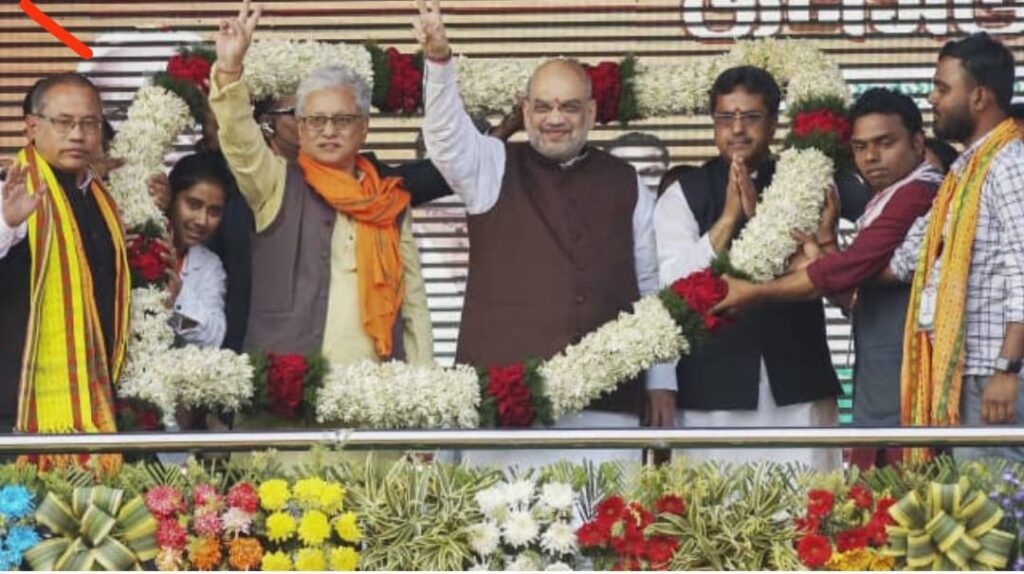UP Assembly
The Uttar Pradesh Legislative Assembly’s monsoon session officially kicks off today amid heightened political activity and pressing legislative priorities. This session has drawn considerable attention as the House is set to run non-stop for 24 hours a day to expedite the agenda. The decision to keep the assembly functioning round the clock marks a significant departure from the usual schedule, reflecting the urgency and importance of the issues at hand.
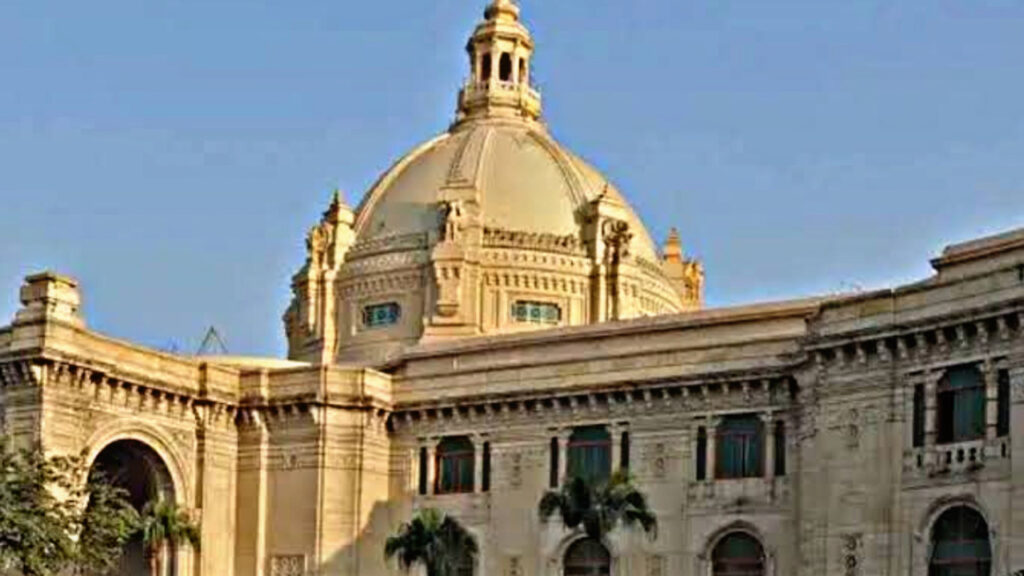
The Uttar Pradesh government, led by Chief Minister Yogi Adityanath, has outlined an ambitious agenda for this session. The continuous 24-hour functioning aims to ensure that crucial bills and discussions do not face unnecessary delays, allowing the government to address the state’s developmental and administrative challenges efficiently. Lawmakers from various parties are expected to engage in intense debates as they discuss policies that could impact millions of citizens across the state.
Monsoon Session
The monsoon session, traditionally held during the rainy season, is one of the key legislative periods when the government presents its plans, budgetary allocations, and policy measures. This year, the UP Assembly faces a heavy workload, including bills related to law and order, infrastructure development, education reforms, and welfare schemes for farmers and marginalized communities.
One of the key reasons behind the decision to keep the assembly working round the clock is the mounting pressure to fast-track the legislative process. The government wants to complete its agenda before the upcoming local elections and other political events. Moreover, given the large population and complex challenges in Uttar Pradesh, efficient governance and swift decision-making have become crucial for maintaining stability and growth.
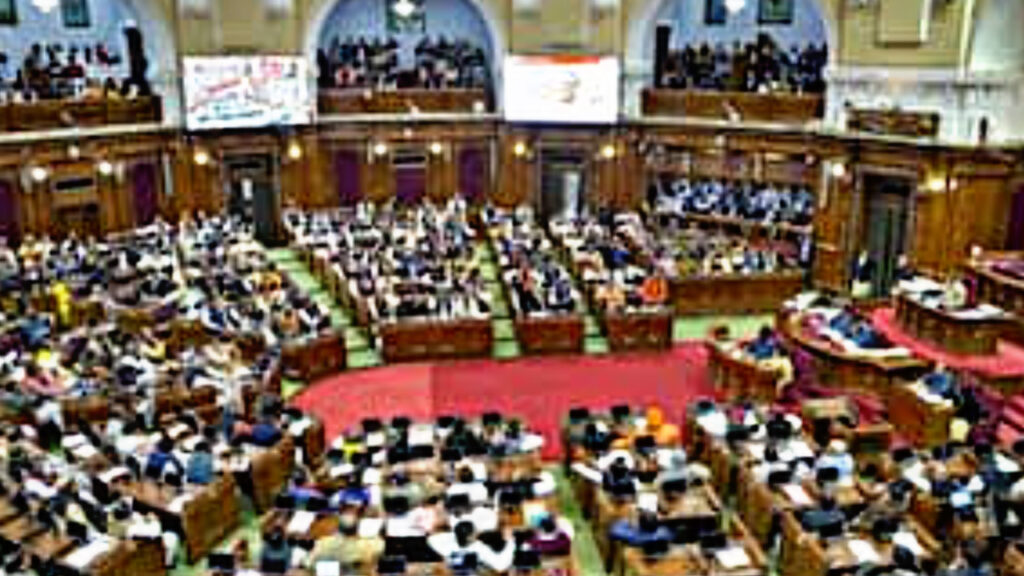
The 24-hour schedule means lawmakers, officials, and support staff will work in shifts to ensure uninterrupted proceedings. This extended timing will allow the assembly to cover more ground, hold detailed discussions, and pass necessary bills without the usual interruptions caused by breaks or limited working hours. While this approach demands extra effort and stamina from all participants, it underscores the government’s commitment to timely governance.
Political Analysts
Political analysts view this session as a test of the government’s legislative efficiency and ability to manage opposition voices during continuous sessions. The opposition parties are expected to raise critical questions and challenge the government on various fronts, including public welfare, law enforcement, and economic policies. The continuous nature of the session could lead to more dynamic and sometimes intense exchanges on the assembly floor.
In addition to legislative work, this session will also be a platform for the government to showcase its achievements and future plans. Given the political significance of Uttar Pradesh as India’s most populous state, decisions made here often have wider implications for national politics and development policies.
The administration has made special arrangements for the extended hours, including security, medical facilities, and logistical support to ensure smooth functioning throughout the day and night. This preparedness reflects the seriousness with which the government is approaching this session.
In conclusion, the monsoon session of the Uttar Pradesh Assembly starting today with a 24-hour working schedule marks a historic and ambitious effort to accelerate governance and legislative processes. The coming days will be crucial in shaping the state’s political and developmental trajectory, as lawmakers work round the clock to fulfill their responsibilities and meet the expectations of the people.

